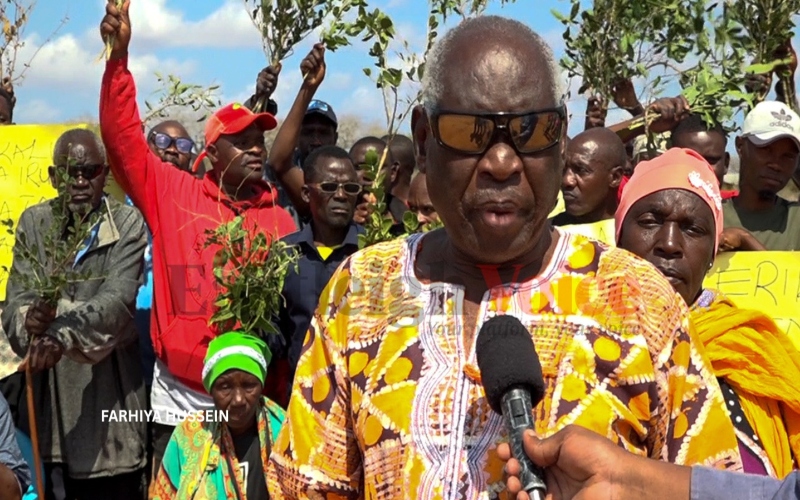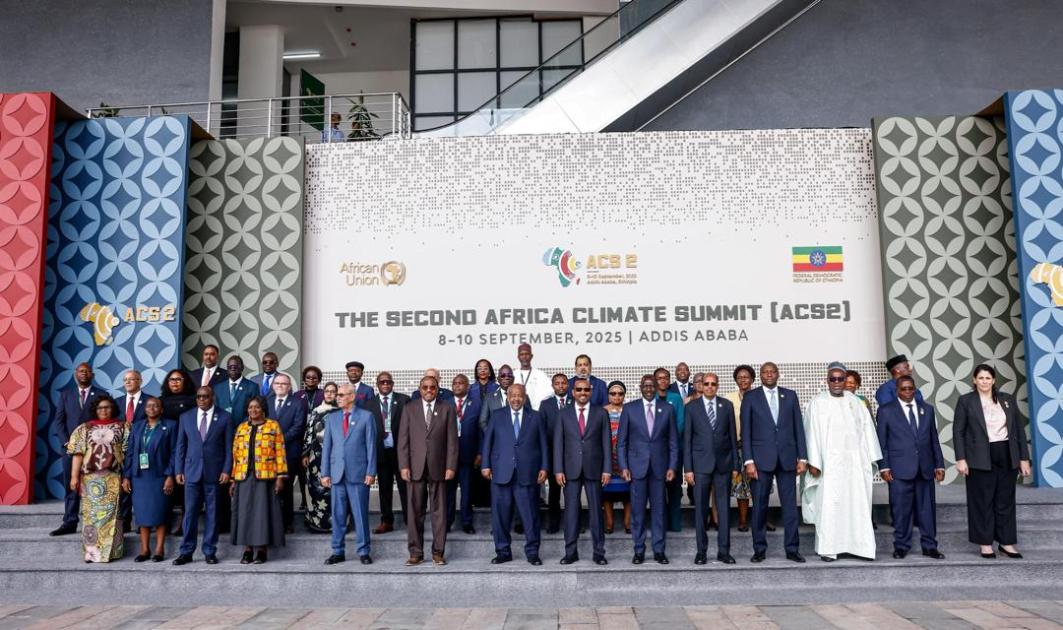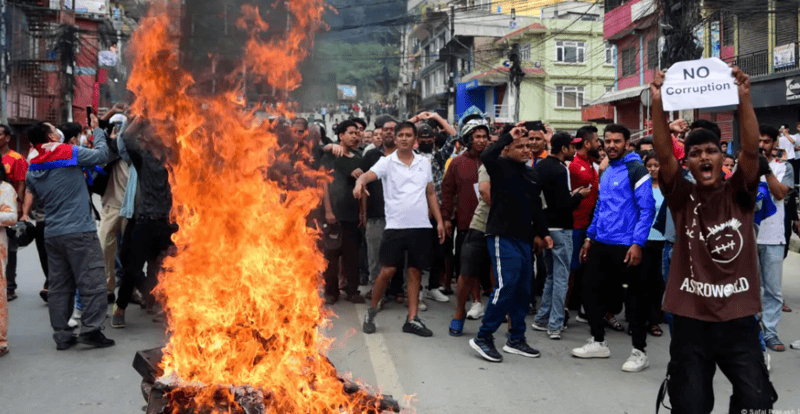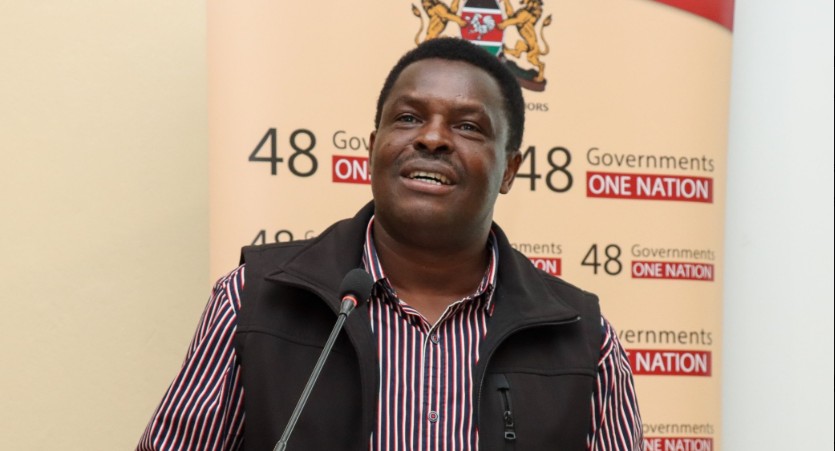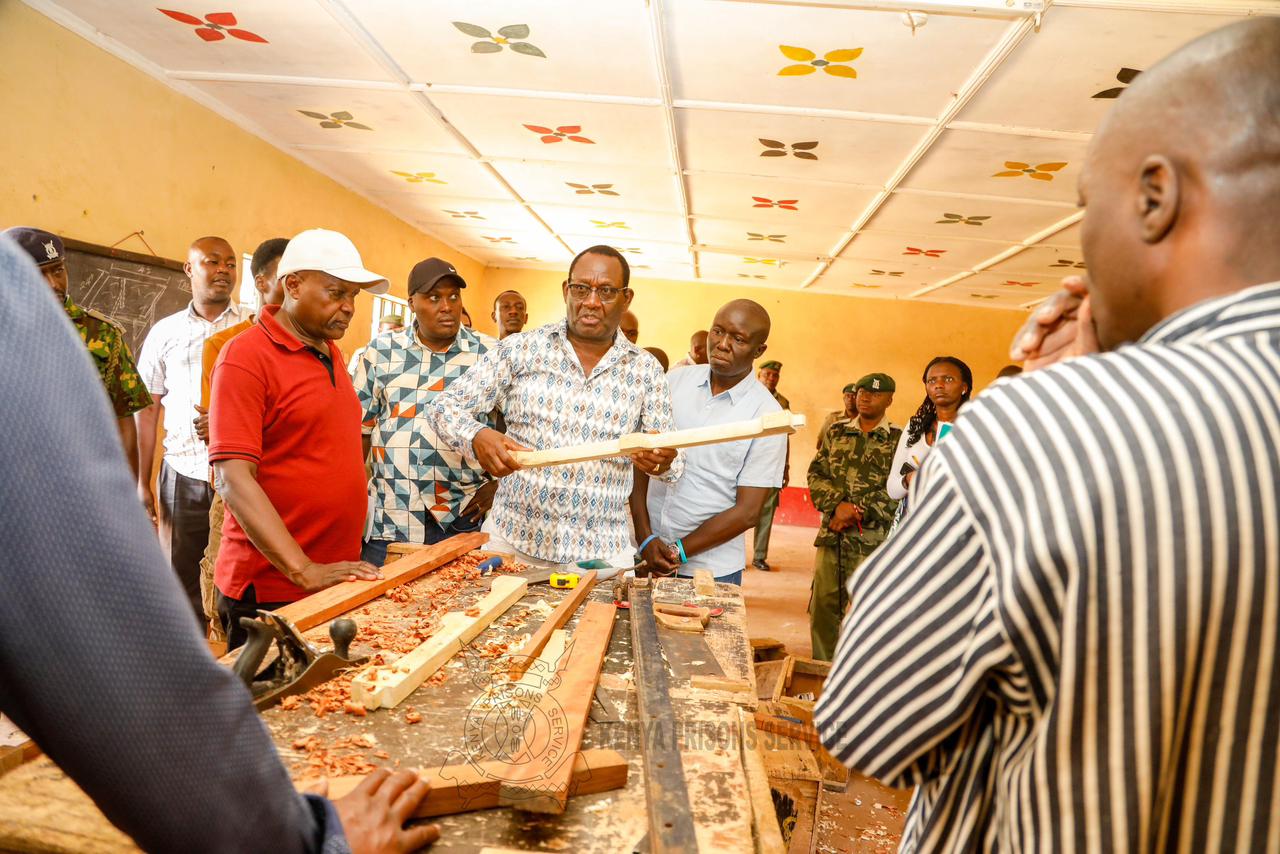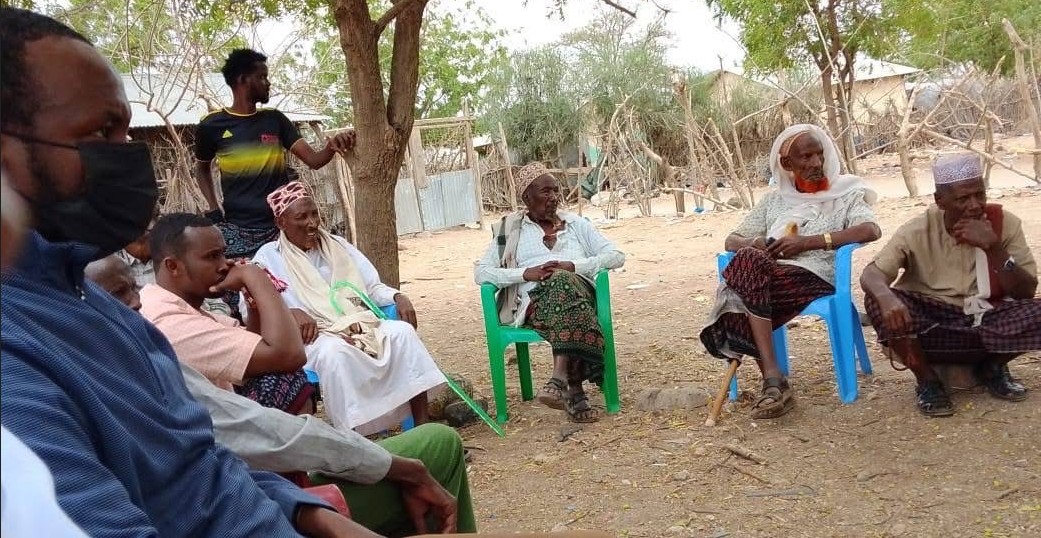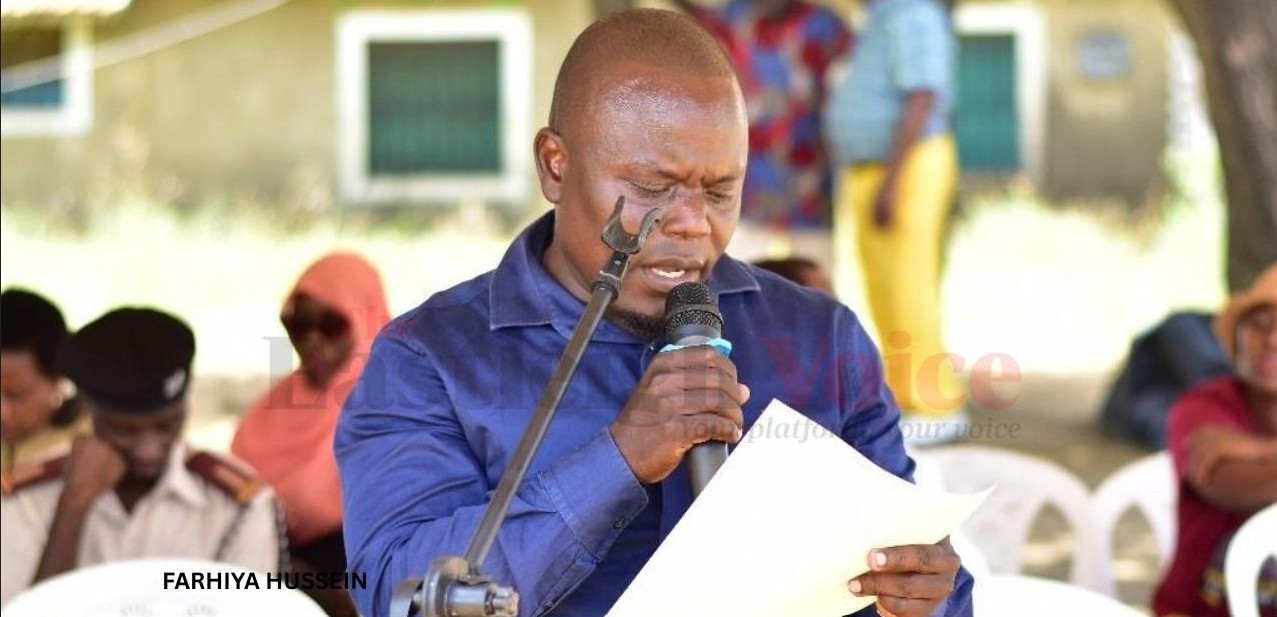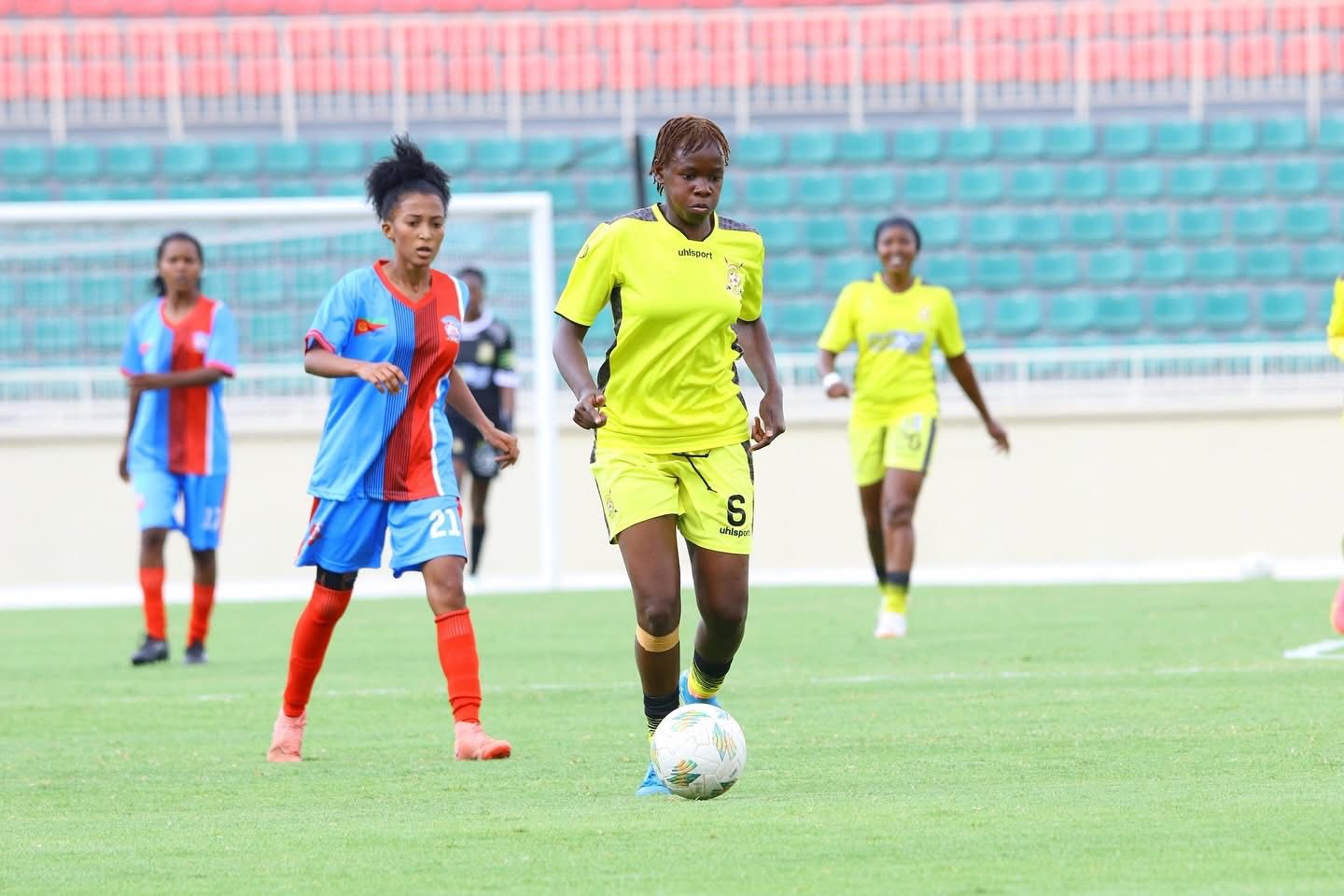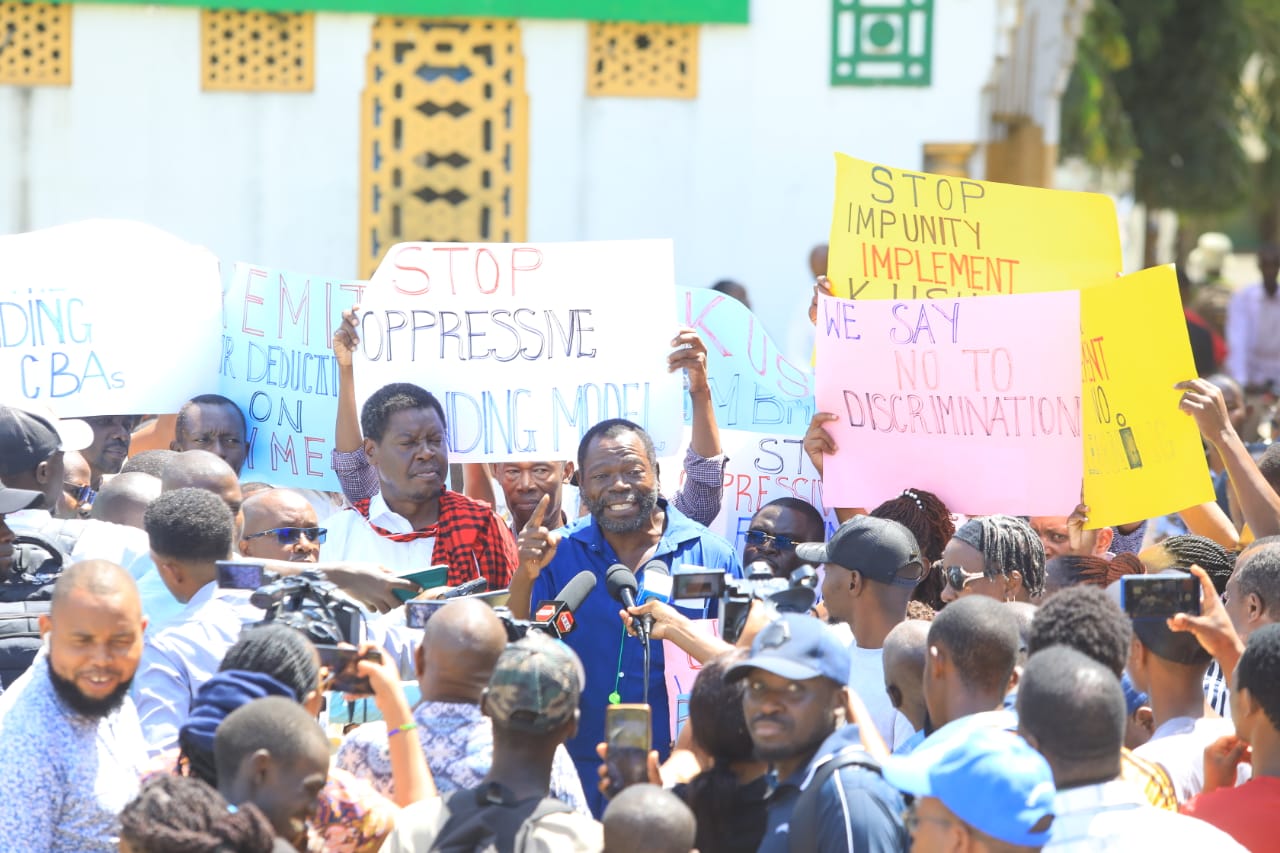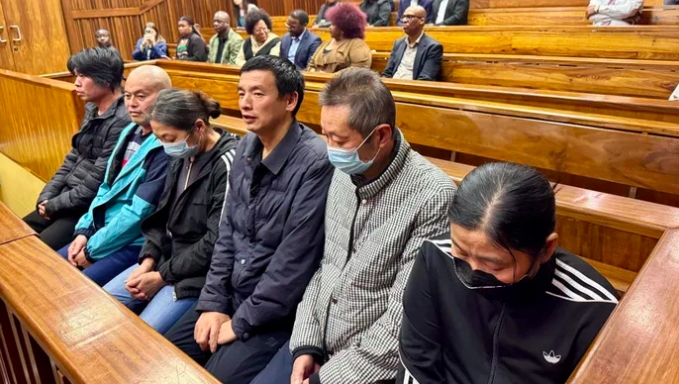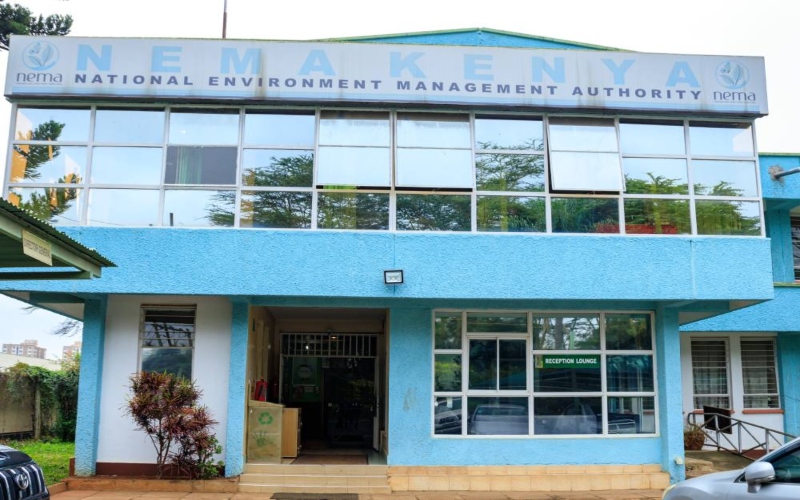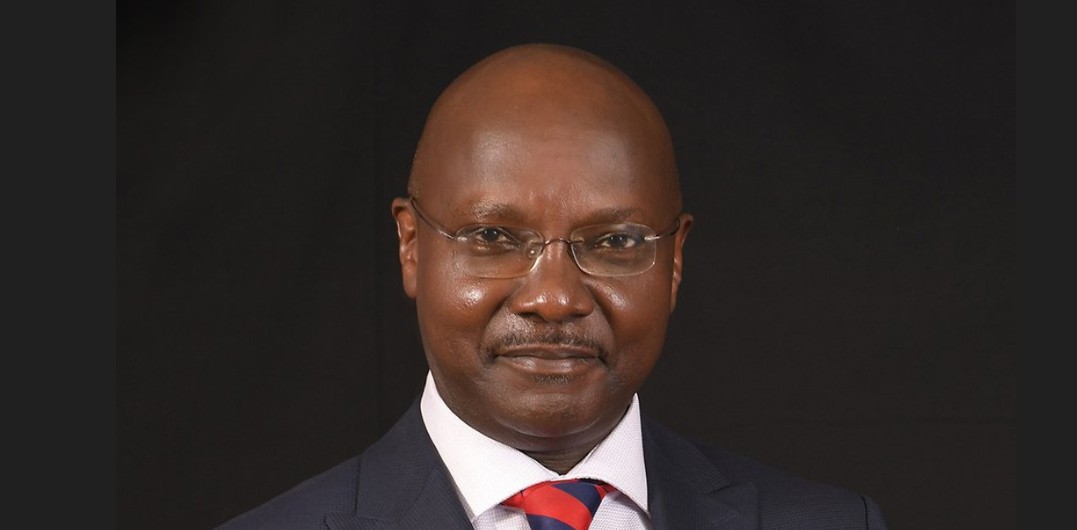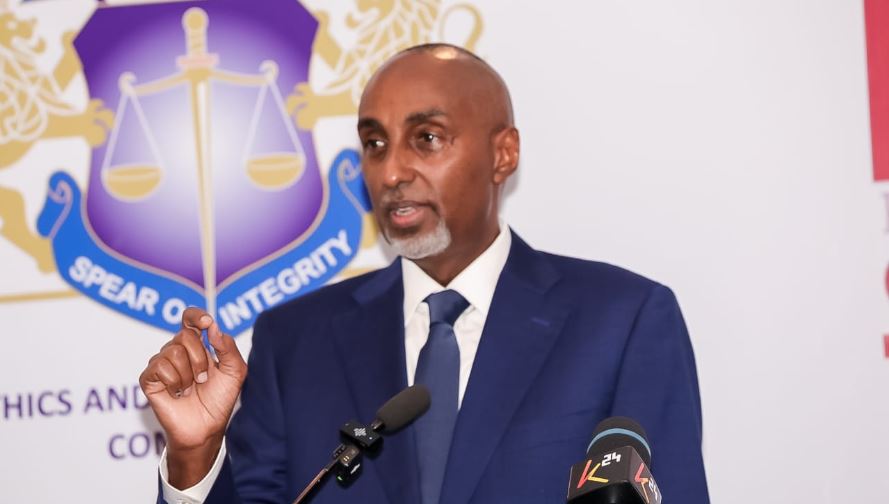MCK, IEBC sign MoU to strengthen media oversight ahead of 2027 General Election
The agreement outlines a collaborative approach to support journalist training, streamline accreditation, and improve access to reliable electoral information.
The Media Council of Kenya (MCK) and the Independent Electoral and Boundaries Commission (IEBC) have signed a Memorandum of Understanding (MoU) in Nairobi to promote professional and responsible media coverage ahead of Kenya’s 2027 General Election and upcoming by-elections.
The agreement outlines a collaborative approach to support journalist training, streamline accreditation, and improve access to reliable electoral information.
More To Read
- LSK sues IEBC, EACC for failure to enforce MPs’ ethics code
- Supreme Court warns political leaders that undermining IEBC threatens 2027 polls integrity
- Legal experts weigh in on Supreme Court ruling declining to extend lapsed boundaries review timelines
- MCK slams attacks on LSK president Odhiambo as unfair and unfounded, urges media to exercise fairness
- Supreme Court rules IEBC secretariat cannot undertake core electoral duties
- Reuben Kigame declares Sh60 million net worth, says 2027 bid will rely on donations
This comes as the IEBC announced the resumption of continuous voter registration starting Monday, September 29, 2025, as part of preparations for the upcoming elections.IEBC Chairman Dr. Erastus Ethekon said the MoU with MCK is a key step toward ensuring free, fair, and transparent elections.
“This reflects our shared commitment to building public confidence in the electoral process. Hate speech, ethnic division, and intimidation have no place in our elections. The media has a crucial role in shaping elections positively, and we aim to support open and credible outcomes,” he said.
MCK CEO David Omwoyo emphasised the importance of ethical and accurate reporting.
“This MoU represents our joint effort to encourage responsible media coverage. We are engaging stakeholders such as the Kenya Union of Journalists, Kenya Editors Guild, and Bloggers Association of Kenya to reinforce our support for free and fair elections,” he said. Omwoyo also highlighted the growing threat of misinformation, especially with artificial intelligence and deepfakes. “As we approach 2027, tackling disinformation through enhanced media and digital literacy is essential to empower voters,” he added.
Commissioner Dr. Alutalala Mukhwana, Chair of IEBC’s Communications and Publicity Committee, said effective communication is vital. “We are committed to working closely with the media to share timely and accurate information with the public,” he said.
The MoU establishes a comprehensive framework for collaboration. It includes training for journalists, content producers, and media practitioners on electoral processes, democracy, governance, and social development, with expert facilitation from IEBC. It also provides capacity-building for IEBC Commissioners, staff, Returning Officers, and other personnel in media relations, crisis communication, and public speaking. A streamlined accreditation process requires journalists to present a valid MCK card or number to ensure professionalism.
To improve access to electoral information, media centres will be established to support journalists and promote joint voter and civic education initiatives that enhance digital literacy. A collaborative fact-checking platform will also be launched to counter misinformation related to elections, with further areas of cooperation to be explored as agreed.
Earlier, IEBC Chief Executive Officer Marjan Hussein Marjan had proposed a shared broadcast signal for presidential election results as a key measure to restore public trust ahead of Kenya’s 2027 general election.
Speaking during a consultative meeting with media stakeholders in Nairobi, Marjan said the idea could help prevent the confusion that arose during the 2022 elections, when multiple media houses independently tallied results, leading to conflicting information and public uncertainty.
“Can we align better this time? Can we explore the possibility of a shared broadcast signal from a central results hub?” he asked. “These are some of the lingering questions we must confront. Misinformation and disinformation continue to spread rapidly across platforms, and we must address them head-on.”
He acknowledged that while the 2022 election cycle saw milestones in media engagement, including the accreditation of nearly 6,000 journalists, real-time updates, media centre facilities, and journalist training, there were also significant challenges. These included disjointed results reporting, misinformation, disruptions at tallying centres, delayed accreditation, and limited reach of voter education campaigns due to budget constraints.
Top Stories Today
